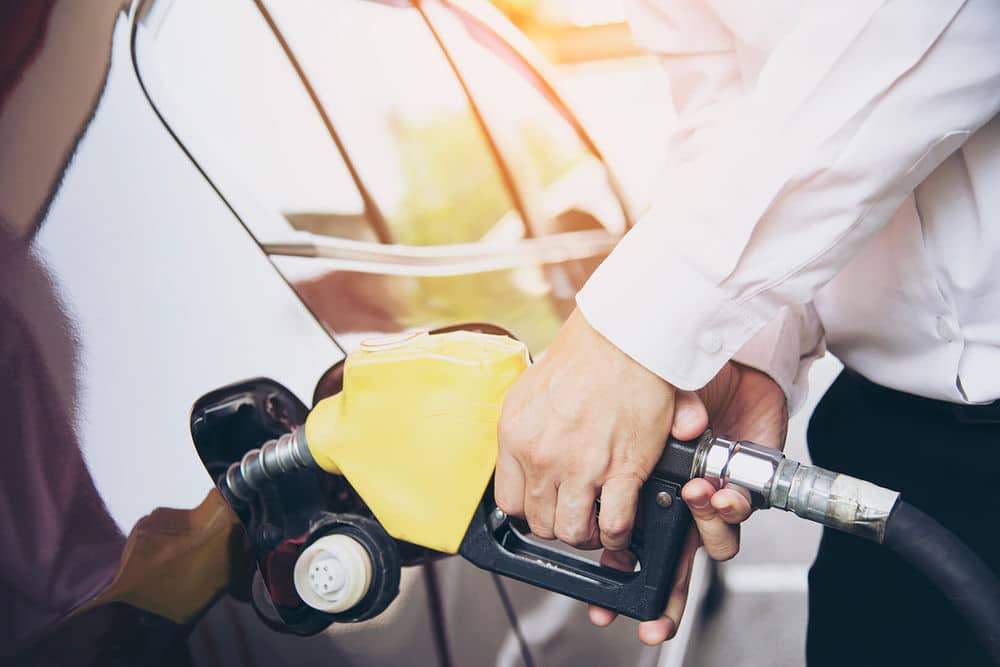The automotive industry is one of the most critical industries in the world and is also one of the most energy-intensive.
That’s why it’s so essential for companies to understand their fuel efficiency. This blog post answers some critical questions about fuel efficiency, including how to calculate it and what factors influence it.
With this information, you can make informed decisions about your automotive spending and conserve energy.
1. Which engine type has maximum fuel efficiency?
The engine with the maximum fuel efficiency is the diesel engine. The diesel engine is one of the most efficient engines, with an average fuel consumption of 5.1 liters per 100 kilometers. The diesel engine has a higher compression ratio than gasoline engines, which means that it can extract more energy from a given amount of fuel before combustion. This increased efficiency leads to lower emissions and fuel consumption rates than gasoline engines, which is why diesel engines are often used in heavy-duty vehicles, where they can save up to 20% in fuel costs on long trips.
2. How is the fuel efficiency in cars measured?
The fuel efficiency of a car is measured by miles per gallon. The higher the number, the better the fuel efficiency. A vehicle with a fuel efficiency of 25 mpg is not as efficient as a car with a fuel efficiency of 40 mpg because the 25 mpg car uses more fuel than it would go the same distance as the 40 mpg car. The amount of energy used is proportional to the distance traveled.
3. What factors affect fuel efficiency?
Two major factors affect fuel efficiency: the engine and the transmission. The machine is not only responsible for the power of the car but also for how efficiently it can convert fuel into motion. On the other hand, the transmission is responsible for how efficiently it can restore power from the engine into action at a given speed.
4. What is fuel efficiency, and why is it important?
Fuel efficiency is the ratio of miles traveled to fuel consumed. It is essential because it helps to reduce costs and protect the environment.
The fuel cost can be a significant factor in how much it costs to drive a vehicle. Fuel efficiency can help to reduce these costs by using less fuel and driving long distances on a tank of gas, which reduces the frequency that we have to stop for refueling. In addition, reducing our use of fossil fuels also helps us to improve air quality and protect the environment from harmful emissions like carbon dioxide, nitrogen oxide, and sulfur dioxide.
5. Will aerodynamics affect fuel efficiency?
The aerodynamics of a vehicle affects its fuel efficiency because it determines how much fuel the car uses to overcome air resistance. A vehicle’s aerodynamic drag is a function of the frontal area, the velocity of airflow over the body, and the density and viscosity of air.
Aerodynamics affect fuel efficiency because they determine how much fuel a vehicle uses to overcome air resistance. This drag can be reduced by changing the shape or adding devices such as spoilers, diffusers, and wings to increase downforce.
6. What is e10 fuel, and what are the benefits of using e10 energy?
E10 fuel is a type of gas that contains 10% ethanol. It is usually made from corn, grain sorghum, or sugar cane. E10 fuel can be found in most gas stations across the United States and can be used to power cars made after 2001. Using E10 fuel in older cars is also possible if modified to run on it. As mentioned above, E10 fuel is a blend of 10% ethanol and 90% gasoline. It has been in use for many years now. The benefits of e10 fuel are manifold. The first benefit of e10 fuel is that it reduces pollution. This is because it burns cleaner than gasoline alone, which helps reduce emissions from vehicle tailpipes. Secondly, this fuel can improve your car’s performance by providing more power and acceleration. Thirdly, e10 fuels are cheaper than regular gasoline, so that you will save money on gas in the long run.
Read Next – Fuel Factor X Gas Treatment Improves Vehicle Performance
Conclusion
Are you looking to improve your fuel efficiency? Check out our list of critical questions and answers about fuel economy that can help you make informed decisions about your car, truck, or SUV.
We’ve also included helpful tips on how to save money on fuel by driving more brilliantly and more efficiently. So what are you waiting for? Start saving today!
Read Next – Safe Gas Treatment Additives For Cars



